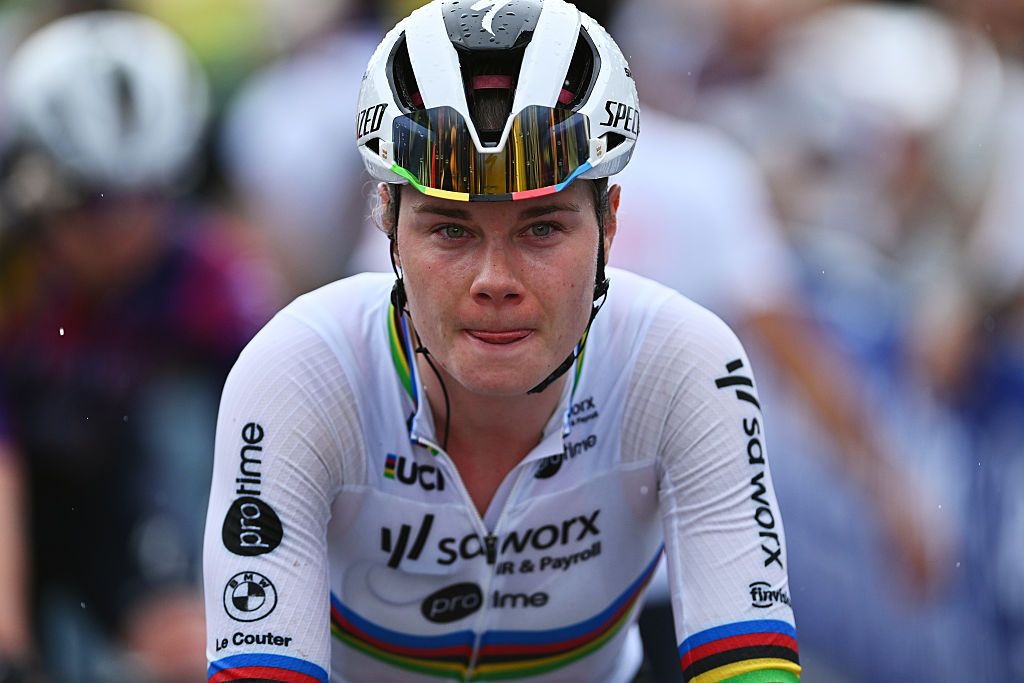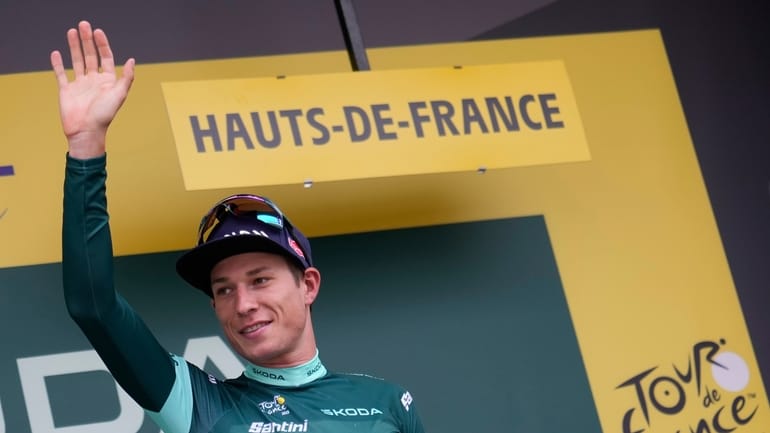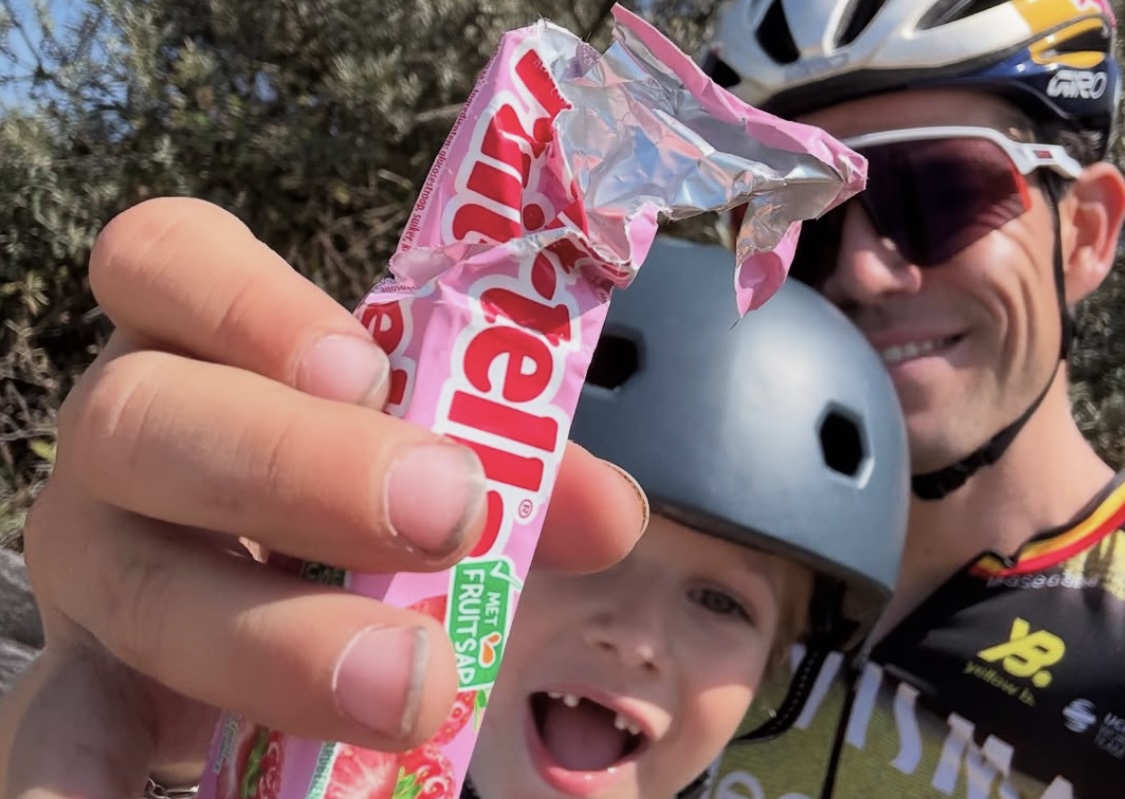“Uit voorzorg voor de Tour”: Lotte Kopecky meldt zich vroegtijdig af voor Giro Donne vanwege lage rugpijn
Lotte Kopecky zal niet meer aanwezig zijn bij de resterende dagen van de Giro d’Italia voor vrouwen. Haar ploeg SD Worx-Protime maakte dit donderdagavond bekend.
“De wereldkampioene heeft nog steeds last van lage rugpijn. Uit voorzorg voor de Tour de France voor vrouwen zal ze zich terugtrekken uit de Giro d’Italia voor vrouwen en vervolgens drie tot vier dagen volledige rust nemen. Volgens de medische staf van Team SD Worx-Protime kan de pijn in haar onderrug volledig herstellen met een paar dagen rust. Daarna kan ze haar voorbereiding op de Tour de France voor vrouwen zoals gepland hervatten”, aldus de verklaring van SD Worx-ProTime.
Donderdag sprintte Kopecky voor Lorena Wiebes, die haar tweede etappezege in drie dagen behaalde. “Met een tweede, derde en vierde plaats in de etappe-uitslagen heeft Kopecky de afgelopen dagen goed gepresteerd in Italië. Ze had alleen wat last van haar onderrug bergop, dus ze wilde het niet forceren,” legde de Nederlandse ploeg uit.
De Tour de France voor vrouwen begint op 26 juli en eindigt op 3 augustus. Twee jaar geleden schitterde ze in de Tour met een tweede plaats, een etappezege en de groene puntentrui. Vorig jaar zag Kopecky af van de Tour omdat ze zich volledig concentreerde op de Olympische Spelen. In Parijs pakte ze brons op de wegwedstrijd.
Lotte Kopecky uit voorzorg uit Giro d’Italia Women
Lotte Kopecky zal morgen niet meer van start gaan in de zesde rit van de Giro d’Italia Women. De wereldkampioene ondervindt nog wat last van haar onderrug. Uit voorzorg richting de Tour de France Femmes verlaat ze de Giro… pic.twitter.com/hN1DeQzxtu
— Team SD Worx – Protime (@teamsdworx) July 10, 2025



